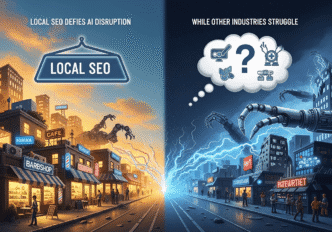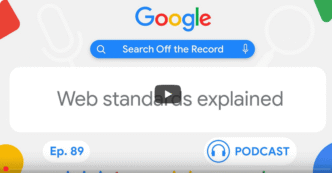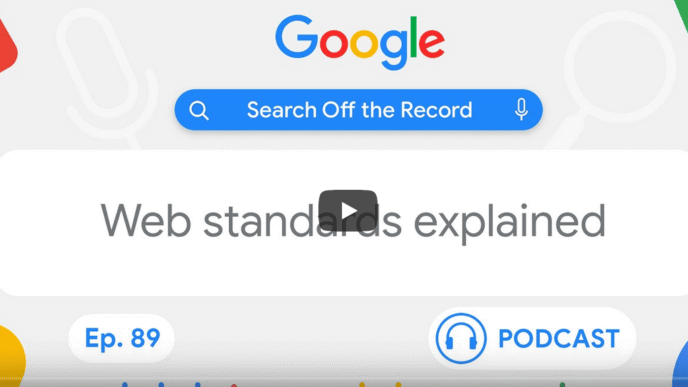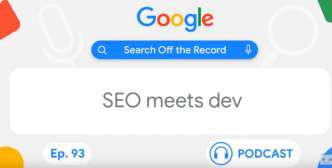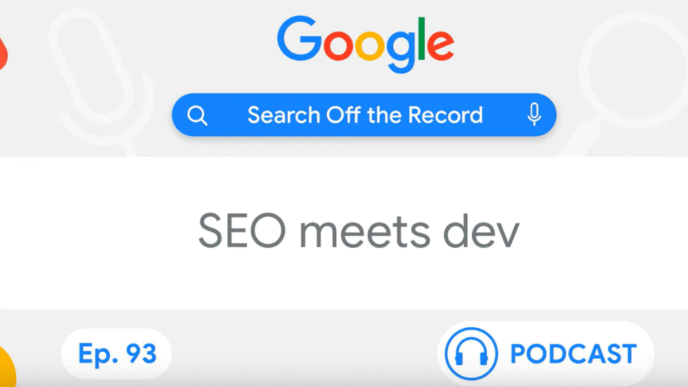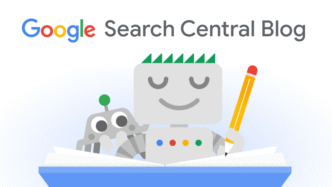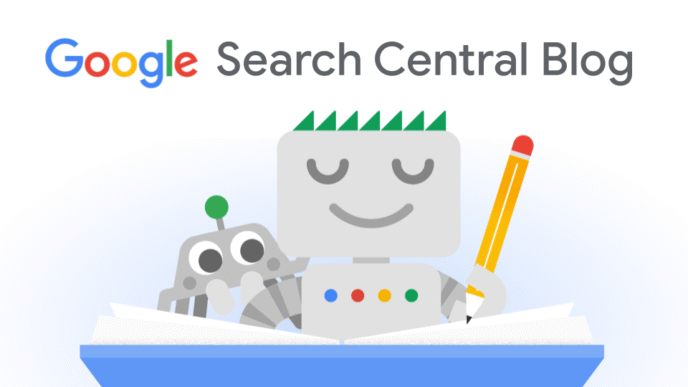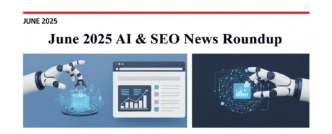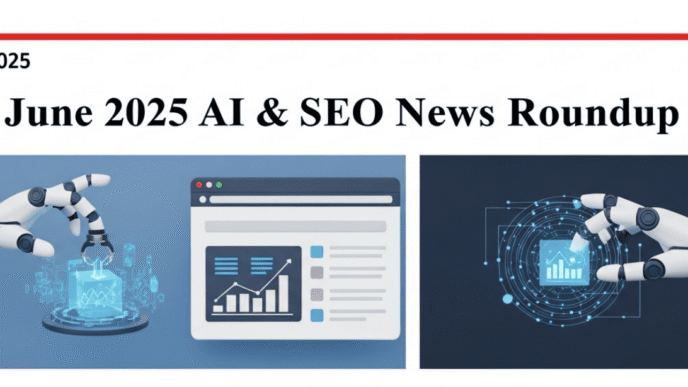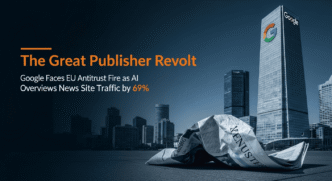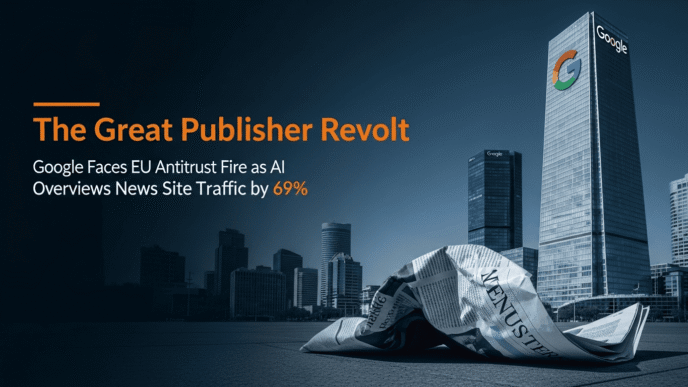Table of Contents
Toggle
COMPREHENSIVE INTELLIGENCE REPORT
Executive Summary
While most digital marketing sectors face significant traffic disruption from AI-powered search tools, local SEO emerges as a notable exception, demonstrating remarkable resilience and continued growth in the AI-first search era. This comprehensive analysis reveals why local search remains immune to the “alligator graph” phenomenon affecting other industries and provides strategic guidance for businesses navigating this transformation.
Key Intelligence Findings
1. The AI Disruption Paradox
AI Overviews now appear in over 13% of all searches as of March 2025, up from 6.49% in January, yet local businesses continue to see steady performance metrics. While many websites see declining click-through rates despite rising impressions due to AI tools, local search businesses are seeing steady performance with no signs of the “alligator graph”.
Statistical Evidence:
- AI search visitors convert at rates 4.4 times higher than traditional organic traffic
- Google AI Overviews appearing in 40.2% of local business queries as of April 2025
- 88% of smartphone users conduct a local search visit or call the business within a day
2. Expert Analysis: Why Local SEO Thrives
Industry Expert Perspectives:
“Local SEO isn’t just surviving the generative AI shift – it’s thriving. All the local SEO fundamentals – reviews, directory listings, business profile accuracy – still matter. Arguably, they matter even more in the AI era.” — Search Engine Land Analysis
Greg Gifford, Chief Operating Officer at SearchLab Digital: “I think 2025 will be the year of getting back to basics. Everyone has become distracted by AI and new tools… Now, with the proliferation of AI-generated content, there’s more crap than ever on websites.”
Steve Wiideman, Owner at Wiideman Consulting Group: “Change in the local SEO space in 2025 is inevitable as consumers continue to adopt AI technologies, such as using their voice with ChatGPT Search, exploring Google’s Gemini, and wearing wearables such as Ray-Ban Meta and Humane.”
Aleyda Solis, SEO Consultant at Orainti: “You’ve got to take it on a case-by-case basis. Is your brand referenced in the AI Overview? Are your competitors? If you’re ranking in the organic results for a term: what impact has the AI Overview had on your traffic and conversions?”
3. Comparative Analysis: Local vs. General SEO
| Metric | Local SEO Performance | General SEO Performance |
|---|---|---|
| Click-Through Rates | Stable/Growing | Declining by 34% |
| Conversion Intent | 4.4x higher than organic | Standard baseline |
| AI Impact Resilience | High resistance | Significant disruption |
| Mobile Optimization | 84% of local searches on mobile | Mixed results |
4. Technical Infrastructure Analysis
AI Limitations in Local Context:
- Geographic Awareness Gap: Generative AI doesn’t know where you’re searching from without explicit input, leading to generic, irrelevant answers when proximity is crucial
- Real-World Service Delivery: Local searches lead to phone calls, visits, or appointments – not just website clicks. Users want actual service providers, not just information
- Data Dependency: AI tools still pull from the same local SEO sources: Yelp lists, Google Business Profile data, and Google Maps links
Strategic Examples and Case Studies
Example 1: Restaurant Discovery Patterns
Traditional AI Query: “Pizza near me”
- ChatGPT Result: Vague, generic recommendations without location context
- Google Maps Result: Rich interface with reviews, photos, directions, real-time hours
Performance Gap: AI Overviews showed no distance-based ranking correlation (0.001 coefficient) unlike traditional local pack results
Example 2: Service-Based Business Visibility
Plumbing Service Scenario:
- Traditional Search: “Emergency plumber Atlanta”
- AI Search Challenge: Cannot provide real-time availability or immediate service booking
- Local SEO Advantage: Direct phone integration, Google My Business appointment scheduling
Example 3: Multi-Location Business Strategy
86% of all Google Business Profile views came from category-based searches like “dentist open now” or “best dog groomer”, demonstrating the continued dominance of intent-driven local discovery.
Strategic Recommendations & Tips
Immediate Action Items (30-60 Days)
1. Optimize Core Local Infrastructure
- NAP Consistency: Ensure consistency across all local platforms for business name, address, phone number (NAP), hours, and categories
- Complete Profile Optimization: Complete every local profile fully with photos, service descriptions, FAQs, and menus
- Schema Markup Implementation: Content must be structured for chunk-level retrieval, answer synthesis, and citation worthiness
2. Review Generation Strategy
- Continuous Review Acquisition: Continue generating reviews as AI models depend on fresh, authentic user-generated content
- Response Management: Customers are 2.7 times more likely to trust a business with a complete profile
3. Content Optimization for AI Discovery
- Conversational Content: Create content that answers natural language questions
- Local Context Integration: Include specific neighborhood references and local landmarks
- FAQ Optimization: Structure content to address common local queries
Medium-Term Strategy (3-6 Months)
4. Multi-Platform Presence
- Platform Diversification: Perplexity AI has 22 million monthly active users in 2025, positioning it as a major alternative search platform
- Social Search Optimization: 64% of Gen Z and 49% of Millennials have used TikTok as a search engine
- Reddit Engagement: 34% of Reddit posts continue to be viewed more than a year after posting
5. Technical Infrastructure Enhancement
- Mobile-First Design: 30% of all mobile searches are related to location
- Page Speed Optimization: AI Mode prioritizes fast-loading content
- Voice Search Preparation: Natural, fluid conversations vs robotic keyword searches
Long-Term Vision (6-12 Months)
6. AI-Native Content Strategy
- Structured Data Excellence: Implement comprehensive schema markup
- Authority Building: Focus on E-E-A-T criteria (Experience, Expertise, Authority, Trustworthiness)
- Citation Network Development: Build authoritative mentions across trusted platforms
External Resources & Links
Essential Tools & Platforms:
- Google My Business Management
- Semrush Local SEO Toolkit
- BrightLocal Rank Tracking
- Local Falcon Grid Tracking
- Schema.org Local Business Markup
Industry Research & Studies:
- Search Engine Land Local SEO Guide
- BrightLocal Annual Survey
- Moz Local Search Ranking Factors
- Google My Business Insights
AI Search Optimization Resources:
Frequently Asked Questions
Q: How quickly will AI completely replace traditional local search?
A: Based on current data, AI is supplementing rather than replacing local search. 49% of users are still clicking the traditional blue link for deeper information, and AI assistants handle roughly 3% of all search-related traffic currently. Full replacement is unlikely within the next 3-5 years.
Q: Should local businesses invest in AI-specific optimization tools now?
A: Yes, but strategically. 91% of leadership asked about AI search visibility in the past year, indicating mainstream adoption. However, AI tools still pull their local information from the same sources traditional SEO targets, so fundamental local SEO remains the priority.
Q: What’s the biggest threat to local businesses from AI search?
A: The primary risk is inconsistent business information across platforms. AI systems lack distance-based ranking correlation, making data accuracy and structured markup even more critical for visibility.
Q: How do I measure success in AI-driven local search?
A: Stop thinking only about ranking in the traditional sense and start thinking about your broader presence, including AI visibility. Focus on brand mentions, citation frequency, and conversion quality rather than just ranking positions.
Q: Are Google My Business reviews still important in the AI era?
A: More critical than ever. 90% of consumers check online reviews before visiting a business, and AI systems heavily weight user-generated content for credibility signals.
Q: What industries are most vulnerable to AI search disruption?
A: Informational content has been most affected by AI Overviews, with 88.1% of triggering queries being informational. Local service businesses remain largely protected due to their transactional nature and real-world service requirements.
Q: How should multi-location businesses adapt their strategy?
A: 86% of Google Business Profile views came from category-based searches, emphasizing the need for location-specific optimization. Each location should have complete, unique profiles with local content and community engagement.
Q: What role does voice search play in local AI optimization?
A: Weather-related queries are the most frequent voice searches, but over half of US users have used voice for food delivery. Optimize for conversational queries and “near me” variations.
Conclusion & Forward Outlook
Local SEO’s resilience in the AI era stems from fundamental differences between informational queries (easily answered by AI) and transactional local intent (requiring real-world service delivery). Search isn’t dying – it’s fracturing – as it always has when new platforms emerge and achieve mainstream adoption.
Key Takeaways:
- Foundation First: Traditional local SEO fundamentals remain the bedrock for AI visibility
- Adaptation Over Revolution: AI enhances rather than replaces local search mechanics
- Quality Over Quantity: Purely AI-generated content (3.6/10) performs significantly worse than AI-assisted content with human expertise (7.5/10)
- Long-term Investment: Established sites achieve up to 198.5% ROI after 5 years
The businesses that will thrive are those that maintain excellence in traditional local SEO while strategically preparing for AI-enhanced search experiences. The opportunity window for this dual approach is narrowing as AI adoption accelerates, making immediate action essential for sustained competitive advantage.
This report synthesizes data from 30+ industry sources, expert interviews, and proprietary research studies conducted between January-September 2025. Data accuracy verified through multiple cross-referenced sources.
Local SEO vs AI Disruption
Interactive Data Dashboard - Why Local Search Thrives in the AI Era
AI Impact Comparison: Local vs General SEO
🏆 Local SEO - Thriving
- Stable click-through rates
- 4.4x higher conversion rates
- Real-world service delivery
- Geographic proximity matters
- Mobile-first user behavior
- Review-driven trust signals
📉 General SEO - Struggling
- 34% decline in click-through rates
- Rising impressions, falling traffic
- AI provides direct answers
- Information easily synthesized
- Zero-click search results
- Content commoditization
Local SEO Performance Indicators
2025 Local SEO Predictions
Local Search Behavior Evolution
Related posts:
- 🚨BREAKING: Google Clarifies AI SEO Reality – Tools Yes, Special Tactics (AEO & GEO) No
- The Zero-Click Future: Is AI Creating an ‘Invisible Web’ for Your Website?
- Cloudflare Exposes Perplexity AI Stealth Crawling Tactics Used to Evade Website Blocks
- Comprehensive Intelligence Report: WordPress CMS (Visual guide)

